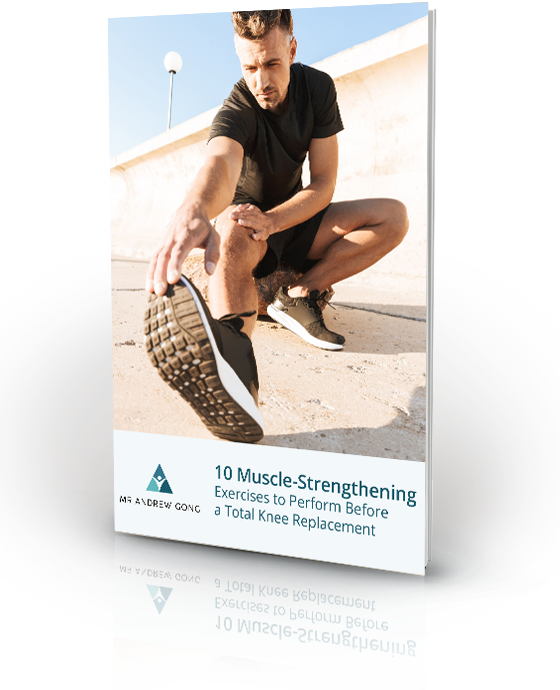ACL reconstruction surgery is a common procedure used to restore stability and strength to a damaged knee joint. This procedure involves replacing the torn anterior cruciate ligament (ACL) with a graft taken from another part of the body.
This surgery is typically performed on athletes who have sustained an ACL injury, as well as non-athletes who have suffered a traumatic knee injury. With modern techniques, the surgery is minimally invasive,
If you have sustained an ACL injury, book a consultation with Mr Andrew Gong, for an ACL reconstruction. Melbourne residents can contact the practice to schedule a consultation.
What is ACL (Anterior Cruciate Ligament) Reconstruction Surgery?
ACL reconstruction surgery is a surgical procedure to replace a torn anterior cruciate ligament (ACL) in the knee. The ACL is one of the four major ligaments that stabilise the knee joint. While some tears can heal (proximal), the majority of ACL tears are in the middle of the ligament and do not heal with the same degree of stability. If a person needs to perform activities involving changing direction quickly when running, jumping or pivoting sports (soccer, netball, football), then a functional ACL is required.
The surgery involves removing and replacing the torn ligament with a new one, usually taken from another part of the patient’s body (hamstring, quadriceps or patella tendon). The goal of the surgery is to restore normal knee stability and motion.
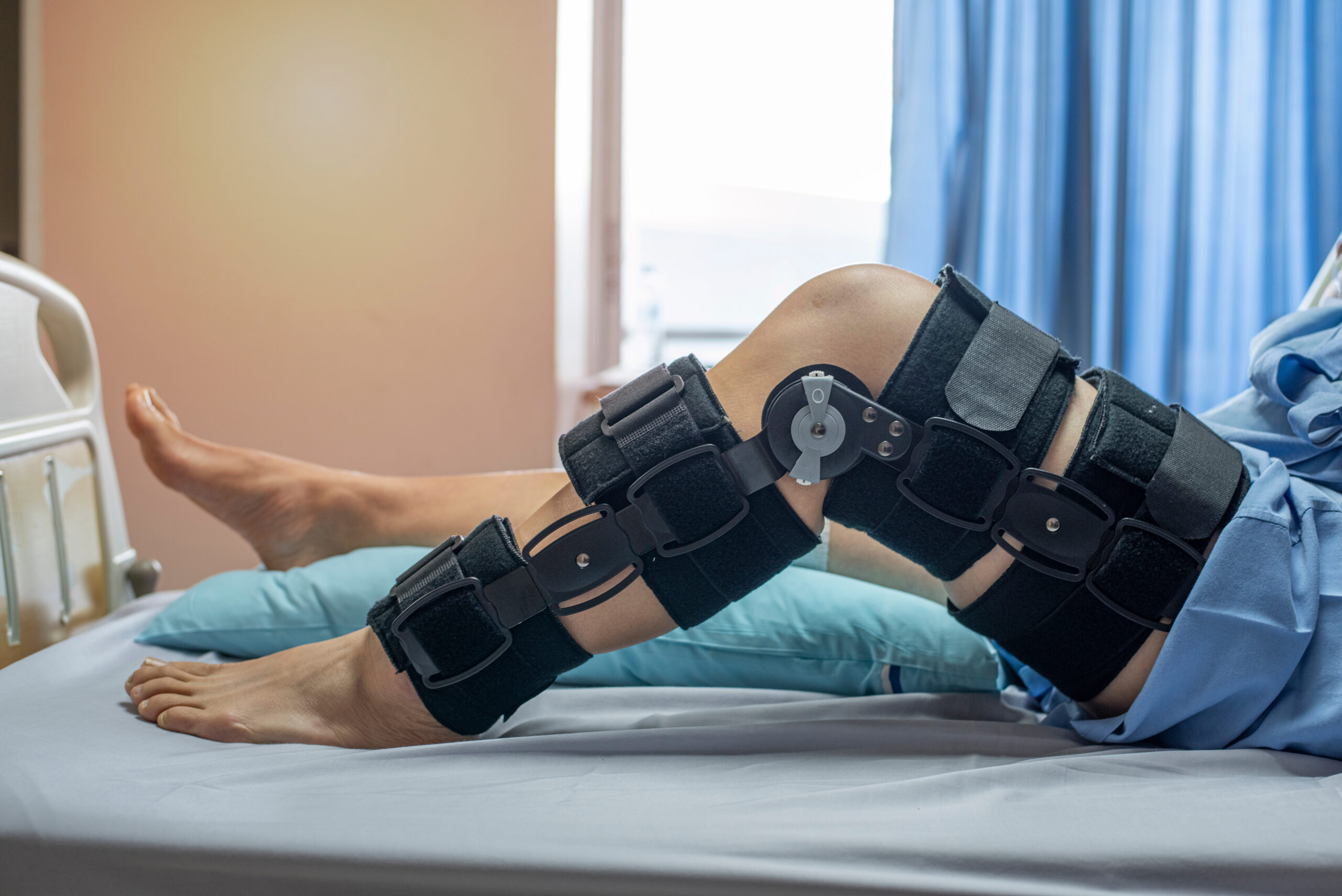
Signs & Symptoms You May Need an ACL Reconstruction
An ACL reconstruction surgery may be recommended if you have experienced any of the following symptoms:
- Pain, swelling and instability in the knee joint
- Popping or clicking sound when the knee is bent
- Difficulty walking and climbing stairs
- Inability to pivot, jump or change direction quickly
- The feeling of the knee “giving out”
- Limited range of motion
ACL Reconstruction Can Assist With These Types of Injuries:
Patients with the following types of ACL injuries may benefit from ACL reconstruction surgery:
- Anterior cruciate ligament (ACL) tears
- Meniscal tears
- Osteochondral defects of the knee
- Articular cartilage defects
- Multiligamentous knee injuries
- Patellofemoral disorders
- Tibial plateau fractures
- Femoral condyle fractures
- ACL tear
- ACL rupture
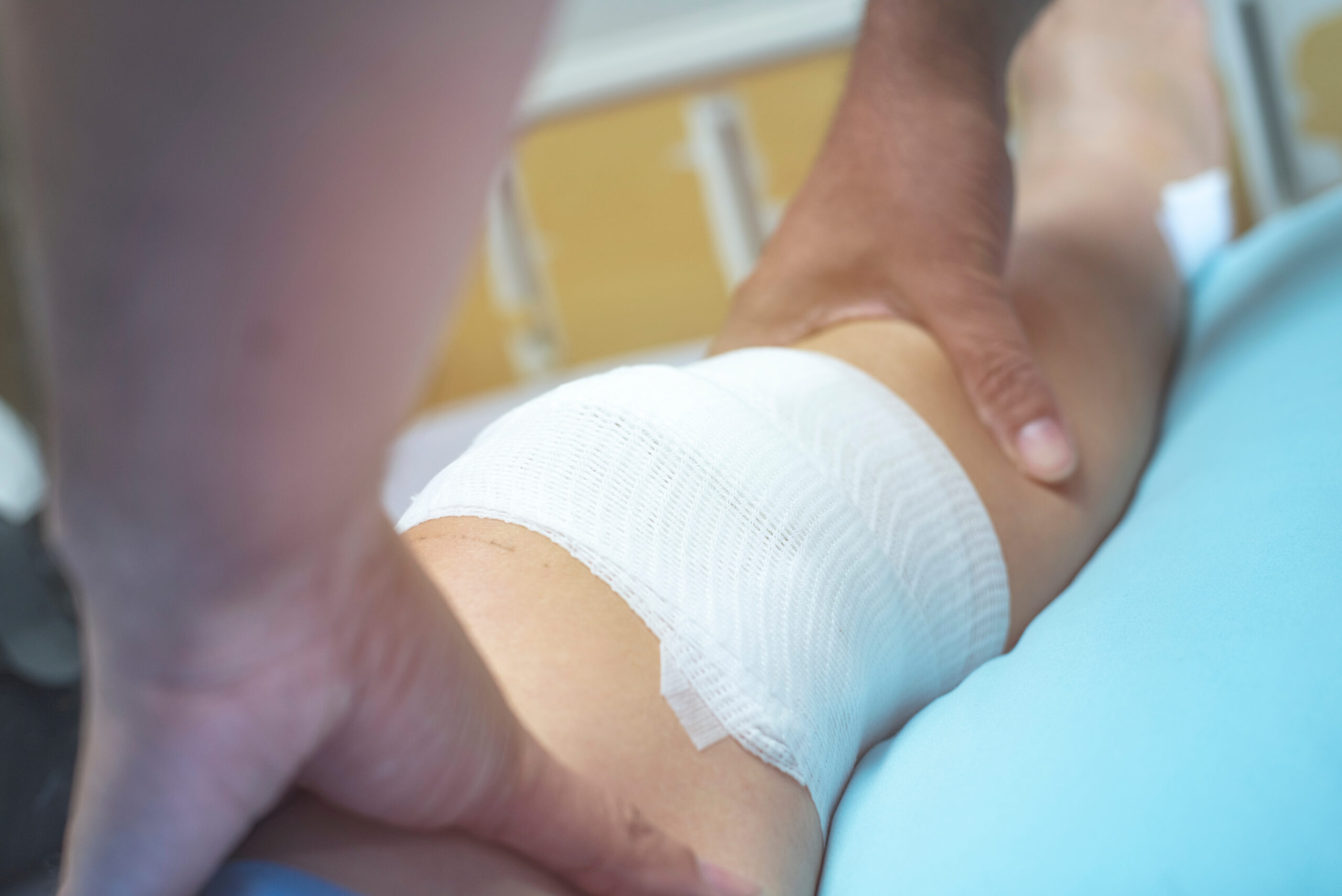
How is an ACL Reconstruction Procedure Performed?
An ACL reconstruction procedure is typically performed by an orthopaedic surgeon. It involves arthroscopically examining the damaged ligament. The surgeon then removes the torn ACL and replaces it with a graft, which is typically taken from a tendon in the knee or from a donor cadaver.
The ACL graft is then secured to the thigh bone and shin bone with screws, staples, or sutures. After the graft is secured, the knee is closed and bandaged. Rehabilitation typically begins immediately after the surgery and may take up to a year for a full recovery.
ACL Reconstruction Surgery Post-Operative Recovery
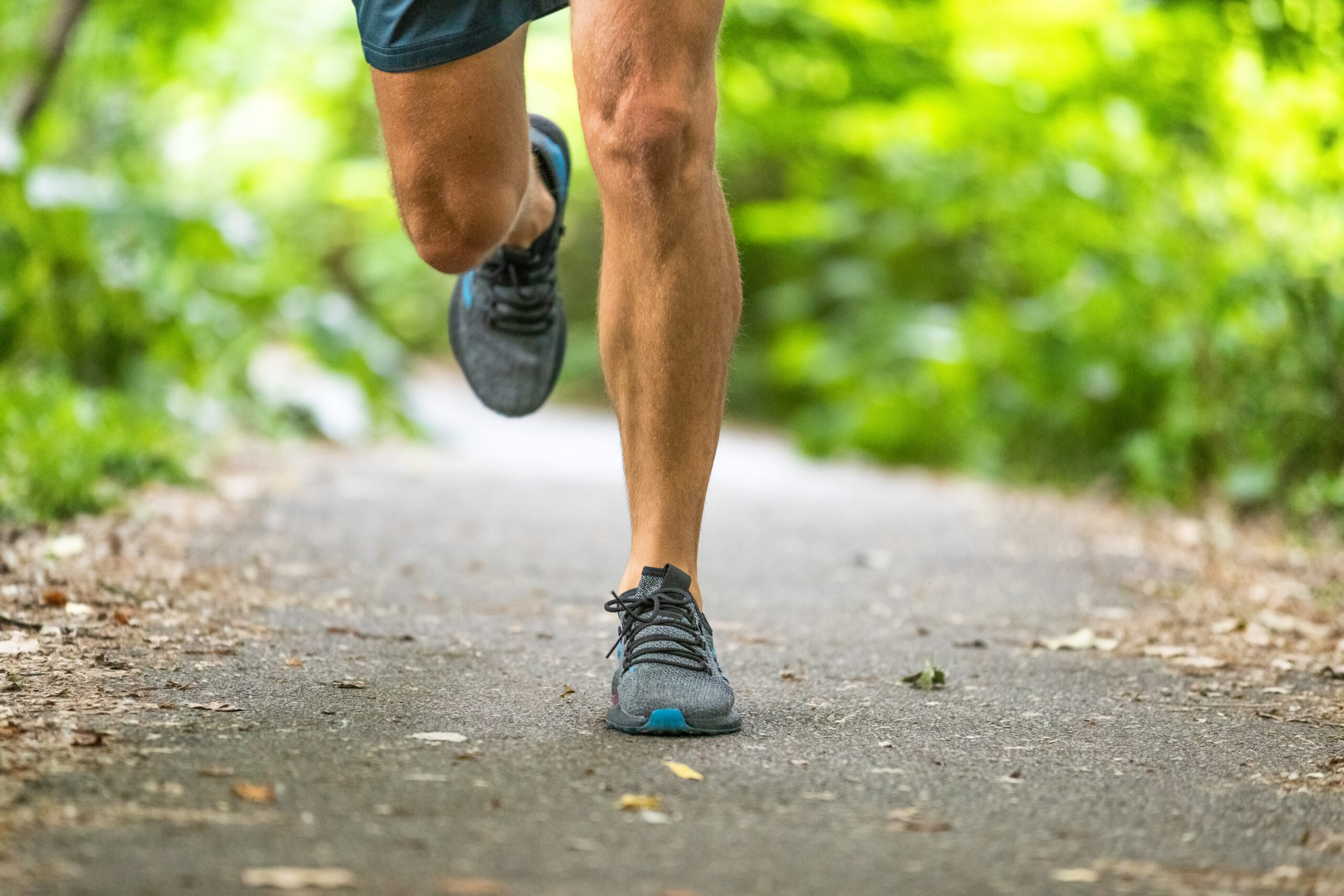
ACL reconstruction surgery can be performed with an arthroscope, leaving minimal scarring and a fast recovery time.
During the first 6 weeks, it is important to limit activities that involve weight-bearing and twisting of the knee. This includes activities such as jogging, running, jumping, and squatting. In addition, it is important to avoid activities that require quick changes in direction.
During the first 6 months after surgery, physical therapy is recommended to help regain strength and range of motion in the knee. Physical therapy is typically done 2-3 times a week and should include strengthening exercises, stretching exercises, and range of motion exercises.
After 6 months, patients can gradually begin to return to normal activities. This includes activities such as jogging, running, and sports. However, it is important to gradually increase the intensity of these activities over time to ensure proper healing of the knee.
ACL Reconstruction Risks to Consider
Although ACL reconstruction is considered minimally invasive, It is important to discuss any risks with a doctor before undergoing the procedure:
- infection
- nerve damage
- blood vessel damage
- reaction to anaesthesia
- risk of deep vein thrombosis and pulmonary embolism
- risk of stiffness
- scarring
- persistent pain
ACL surgery cost, Melbourne
The cost of ACL reconstruction surgery costs at any of our Melbourne clinics will depend on the specific condition of the knee.
Once Mr Andrew Gong has conducted a thorough assessment which may include blood tests, X-rays or MRI scans, will be able to provide a detailed quotation.
This will include the pricing of the surgical procedure, the hospital stay and the anaesthetist. We will also advise if any rebates apply for Medicare or any other health insurance.
How can Mr Andrew Gong can help with
your ACL reconstruction
With years of experience in completing replacements and reconstruction surgeries, Mr Andrew Gong is a highly-skilled orthopaedic surgeon. His fellowship training covers hip, shoulder, and knee surgery, and he has expertise in using the latest technologies and techniques.
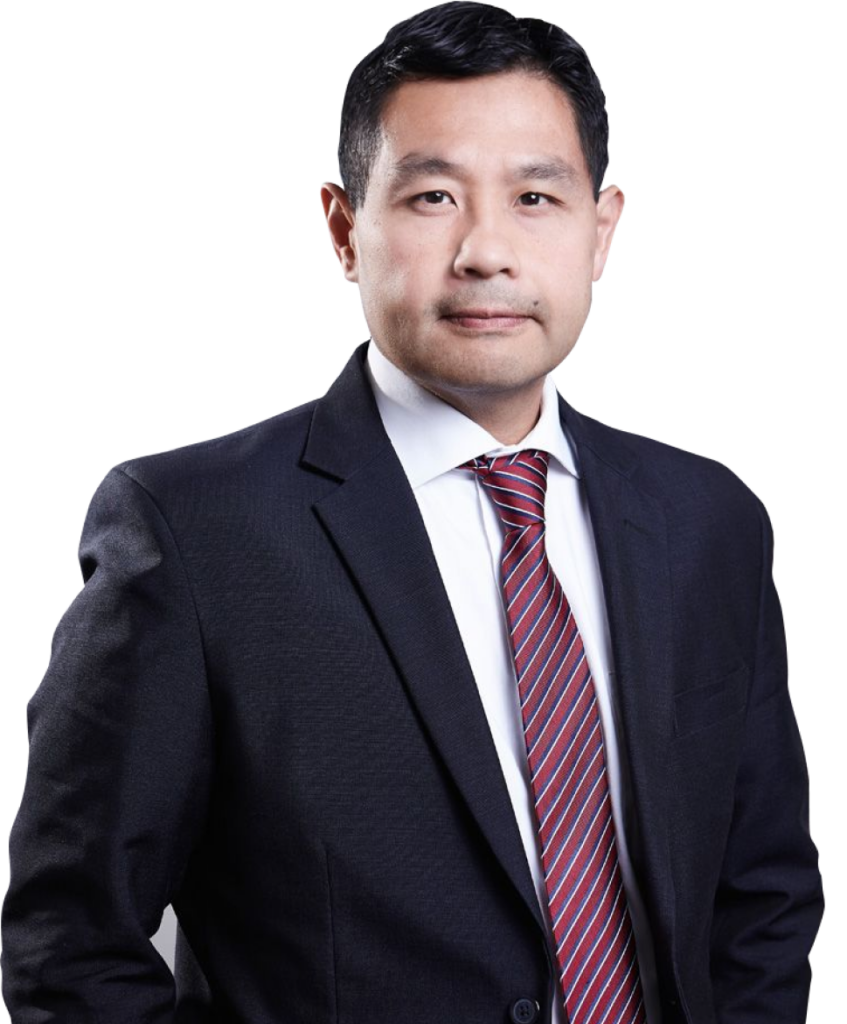
Our Expert Doctor
Mr Andrew Gong
MBBS, FRACS (Orth), F.A.Orth.A
Mr Andrew Gong is a highly skilled orthopaedic surgeon in Melbourne, with over two decades of experience in hip replacement surgeries. He is a fellow of the Australian Orthopaedic Association (AOA), a fellow of the Royal Australasian College of Surgeons (RACS) and an overseas affiliate member of the American Academy of Orthopaedic Surgeons.
How to Schedule a Consultation
If you would like to schedule an appointment to see Mr Andrew Gong, please do so via the following methods:
Our Locations
- Box HillEpworth Eastern, East Wing Tower
Level 14, Suite 14.3
25 Nelson Road, Box Hill VIC 3128
- HealesvilleGet Well Clinic
408 Maroondah Hwy
Healesville VIC 3777, Australia
- RichmondMelbourne Bone and Joint Clinic
27 Erin Street
Richmond VIC 3121, Australia
Frequently Asked Questions
Is ACL reconstruction the only treatment for an ACL injury?
How painful is ACL knee reconstruction?
Most people will experience some pain and swelling during the first few weeks after surgery. Pain medications can help alleviate some of the discomfort and patients usually only stay one night and can walk with crutches.Physical therapy is also used to help manage pain and promote healing.
Is ACL reconstruction a major surgery?
No, ACL reconstruction is now considered a routine overnight stay surgery, as it involves replacing a torn anterior cruciate ligament in the knee with a new ligament arthroscopically. The procedure typically requires general anaesthesia and can take up to 1-1.5 hours to complete.
How long does ACL surgery take in Australia?
The length of time for an ACL reconstruction surgery depends on the method used and the person’s individual anatomy. On average, the procedure typically takes between one and two hours.




